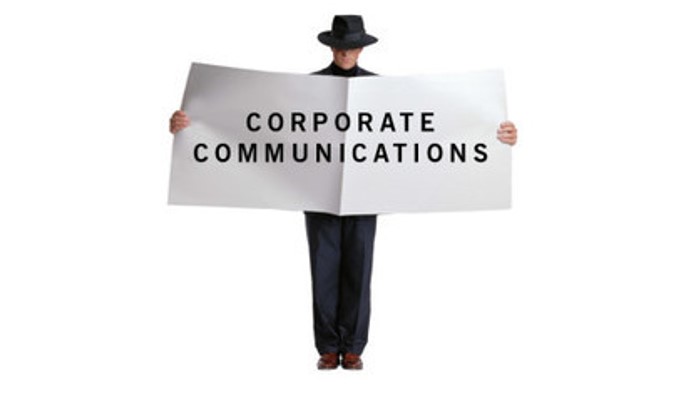It will not be incorrect to say that corporate communication is imperative to an organisation’s growth and progress in today’s time and age. It plays a vital role in ensuring an organisation stays afloat in an ever-changing industry and maintains a credible reputation amongst media, clients and general public.
Today, mostly organisations maintain a separate and full-fledged corporate communications department. This department manages various communication needs and strategies both internal and external, media relations, crisis communication and internal communication within the organisation. The department is also responsible for the reputation of the organisation and its management, relationships with potential and existing stakeholders and government affairs. A corporate communication team has its hands in many pies, as my experience says.
A major role of this function lies in Branding, which is significant for an organisation as it defines them, their products, their message, and their overall objective to people. It is how they are defined in the media and how they are viewed by stakeholders and competition. Here, the role of corporate communication is to create favorable association around the organisation, and create a positive reputation both within the organisation and externally.
The reputation of an organisation can make or break its future. Corporate communications must maintain an excellent reputation to ensure the organisation’s continuous growth in future. Not only this, they must also ensure the organisation has a promising future in an ever changing industry and remains credible amongst the general public, stakeholders, clients and media.
All said and done, corporate communication has been traditionally, and still is, to a large extent, best known for media relations. Media relations includes writing and distributing news releases, responding to media queries, ensuring the organisation is well represented in any relevant stories, panels, etc., through quotes, personal presence of the spokesperson, and also by pitching stories to media. Corporate communicators plan any press conferences pertaining to any announcement to be made, including selecting the site for an event, arranging for banners and other material (we call these collaterals in corporate communication dialect) to be displayed at the event, preparing press kits for distributing to the media and training the spokespeople to speak at news conferences.
Corporate communicators, also monitor newspapers, television news broadcasts and other outlets like online channels, etc., to see what the media is saying about the company and to devise strategies to address misinformation.
Besides all this obvious, we communicators also play a role in Corporate Social Responsibility (CSR), which refers to a company’s respect and interest towards contributing to the society. This part makes the organisation look beyond its business interests and adapt to social implications and changes. This is usually done by engaging with various NGOs and participating in their work towards society.
Crisis communication is a very challenging task. An organisation may face challenges in the form of criminal allegations, media attacks or inquiries, violation of certain regulations regarding the environment, and more. This needs to be tackled extremely cautiously as per the organisation’s clear directives. At such times, communicators should be always accessible to media and should come across as genuine while presenting their side of story. This always helps.
Corporate communicators also manage a company’s website and social media presence, including monitoring what customers and clients are saying about the company on social networking websites and responding to inaccurate posts or requests for information.
The Public Relations part of corporate communications, includes producing newsletters, brochures and other printed materials designed for the general public.
A great communications leader must always keep themselves aware of what’s going on before the rest of the world does. They should be always be on-the-go and always accessible. This is a very important characteristic of a communicator.







I have learnt a lot from the article posted by Ritu Bararia May 30, 2018. As a communication and public information assistant,I love to always be part of such writings on communications.